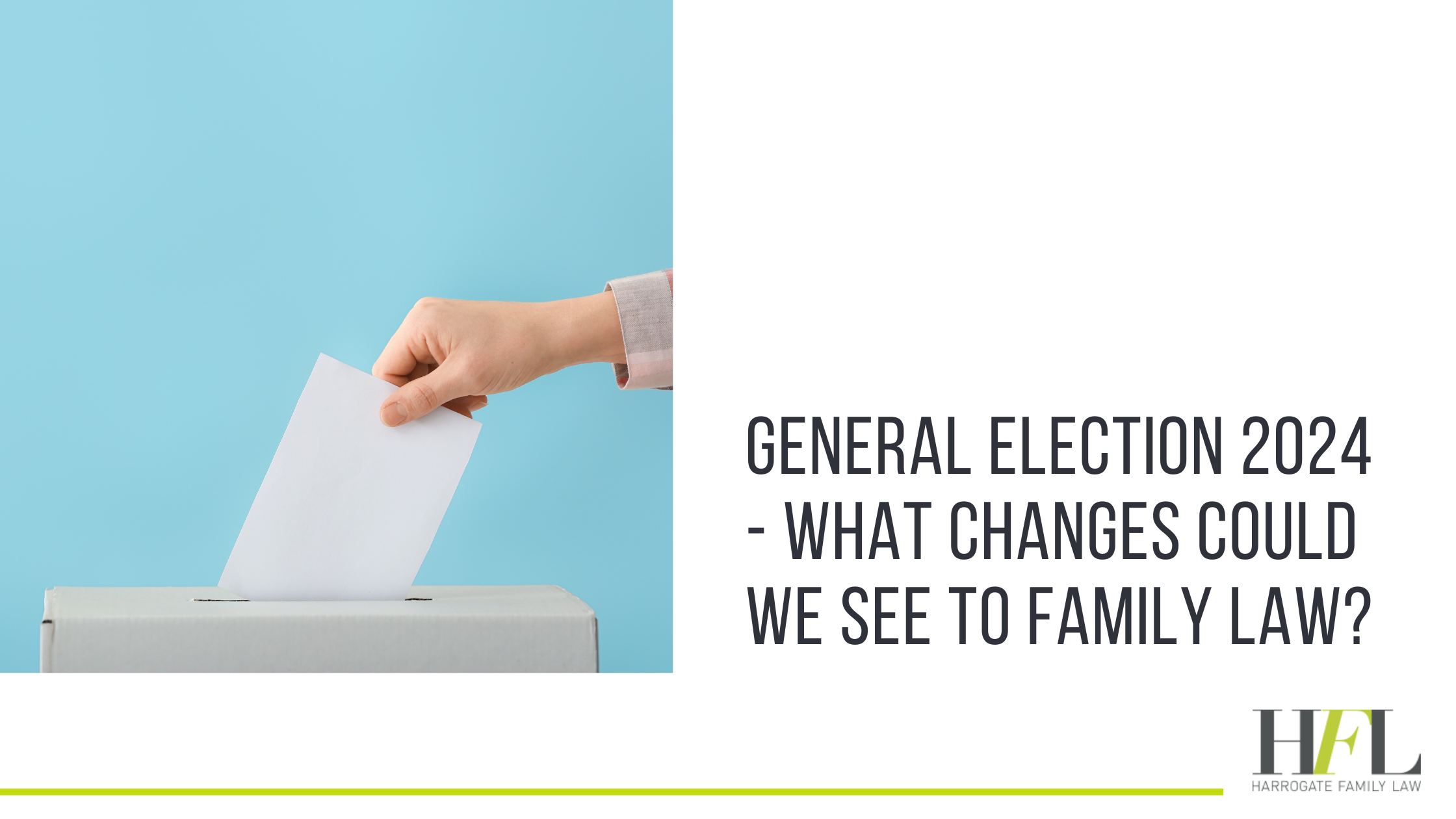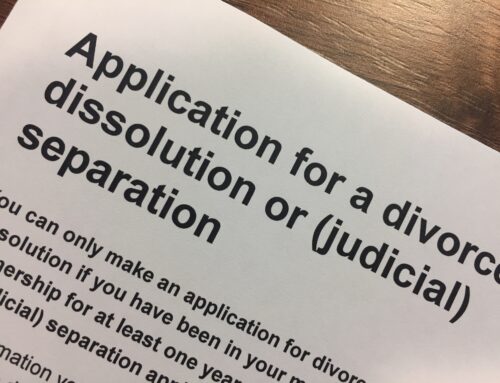As we approach the 2024 general election, the country is full of anticipation, wondering what changes might be in store. For us as solicitors, it will be interesting to see what, if any, changes are afoot for family law.
For many observers, law reform transcends party politics. It’s about enacting changes that will benefit society as a whole. Regardless of the election outcome, the manifestos of the political parties all carry their own commitments to family law reform and access to justice. In this week’s blog, we’re looking at what just some of them have had to say throughout their campaigns.
The mainstream parties
The Labour party
After an enthusiastic speech from Shadow Attorney General Emily Thornberry in October 2023, it seemed that Labour was ready to put the rights of cohabitating couples firmly back on the agenda. There was an assurance that a Labour government would reform cohabitation law, a ‘common-law marriage pledge’ was referenced, and a recognition that many women find themselves at a financial disadvantage when a relationship breaks down.
However, supporters’ celebrations would appear to be short-lived once the 2024 Labour manifesto was published. Whilst the document does reference cohabitation law reform, it seems to have a ‘blink-and-you’ll-miss-it’ mention, leaving many family law practitioners to wonder whether firm pre-manifesto commitments are already at risk of becoming broken promises.
Of course, only time (and the election results) will tell whether or not change is on the horizon here. But with around 3.6 million cohabiting couples here in the UK and a general misconception that common-law marriage exists, the calls for change are unlikely to disappear any time soon.
The Conservative party
In stark contrast, the Conservative manifesto doesn’t pledge any kind of family law reform at all. Instead, Rishi Sunak’s government has pledged to expand the pilot of Pathfinder Courts in family proceedings. It is hoped that this will improve how the courts deal with the issue of domestic abuse, ensure that children’s voices are heard, and promote a multi-agency approach that has problem-solving at the centre.
In addition, the Conservatives have also committed to extending the provision of mediation vouchers. Whilst their manifesto does discuss domestic abuse, this is mainly in the context of criminal law—for example, the powers given to the police and the courts through the Domestic Abuse Act.
The minority parties
Aside from the two big political players above, a number of minority political parties have had their say about family law reform in their manifestos.
The Liberal Democrats
The third-largest political party in the UK, the Liberal Democrats, have placed a real focus on couples with a number of pledges in their manifesto. These include reforming weddings and how they’re conducted and ensuring that humanist marriages are recognised.
Perhaps most crucially, the Liberal Democrat manifesto pledges to extend the rights and protections of cohabiting couples.
The Green Party
Domestic abuse, and a commitment to ending it, is a significant feature of the Green manifesto. From making misogyny a hate crime to ensuring that gender-based violence is a measurable priority for every police force, there’s also a pledge to increase funding to ensure support for those who have experienced domestic abuse and rape.
Reform UK
Reform of the Child Maintenance Service is the order of the day for Reform UK, with its manifesto setting out plans for a system led by mediation and means-tested support for those parents who are unable to arrange financial support. In addition, the party seeks to establish a new division of the family court to deal with any default on child maintenance payments.
Other pledges include (where appropriate) 50/50 shared parental care and more rights for grandparents who wish to spend time with their grandchildren.
Here at Harrogate Family Law, we’ll be watching the outcome of the 2024 general election with interest. However, providing the expert legal advice our clients need will always lie at the centre of everything we do, regardless of the election results. To learn more about how we can help with your family law matter, please just get in touch.






